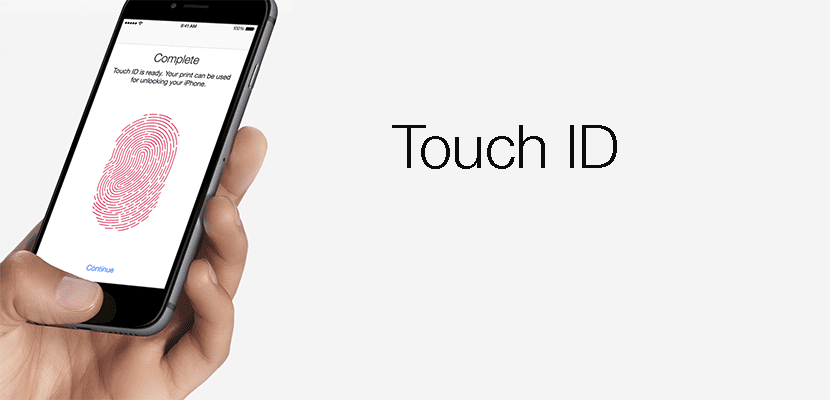
A new Reuters report reports that the FBI could have made a crucial mistake while trying to unlock the iPhone used by the gunman responsible for last week's shooting at a church in Texas, in the United States.
The Reuters report explains that the FBI and other law enforcement agencies did not ask Apple for help in unlocking the password or touch protection on the device. Besides that, they waited 48 hours, which renders Touch ID unusable and an additional code is requested.
David Kelley's iPhone was sent to the FBI crime lab in Quantico, Virginia, after the shooting because local authorities they couldn't unlock it. While Christopher Combs, the head of the FBI's San Antonio field office, did not confirm whether the device was an iPhone, a report by The Washington Post cited sources close to the investigation, saying that the device in question was, in effect, one of Apple's smartphones. Reuters adds that in the 48 hours between Sunday's shooting and Tuesday's press conference with Combs, Apple received no requests from federal, state or local law enforcement authorities for assistance in unlocking the device in question.
The report goes on to explain that allowing those 48 hours to pass may have been a crucial mistake on the part of law enforcement officials. If the FBI had asked Apple within 48 hours for help in unlocking the device, Apple could have ordered them to "use dead man's finger to unlock your device." However, as 48 hours have passed since the device was last unlocked, iOS now requires a passcode to unlock and you do not agree that only the Touch ID system will be used to access the content on the phone. The delay can be significant. If Kelley had used a fingerprint to lock his iPhone, Apple could have told officials that they could use the dead man's finger to unlock his device, as long as it hasn't been turned off and restarted. There is a discrepancy as to whether or not Touch ID will recognize a dead man's finger. Some say it depends on how recently the person has died, while others say it is not possible at all. It seems that Reuters is taking the position that it would have worked in this instance. It's unclear at this point if the FBI asked Apple to turn over iCloud data to it, but if it receives a court order to do so, Apple provides law enforcement with iCloud data, as well as the tools necessary to decipher them.
Apple and the FBI have clashed in the past regarding requests to unlock smartphones. The most famous case was where Apple refused to unlock the iPhone used by the San Bernardino shooter. The FBI was eventually able to access the device through a third party. It is possible that the FBI did turn to Apple this time on the Texas shooter's device case, rather than a third party, but that remains to be seen.
Recently, Apple has issued a full statement regarding the device used by the Texas shooter:
We were shocked and saddened by the violence in Texas this past Sunday and we join the world in mourning the families and community who lost so many loved ones. Our team immediately contacted the FBI after learning at his press conference Tuesday that investigators were trying to access a mobile phone. We offered assistance and said that we would expedite our response to any legal process sent to us. We work with law enforcement every day. We train thousands of agents so they can understand our devices and how they can quickly request information from Apple.